How to Sell Allen Bradley Surplus: Your Options by NJT Automation
Introduction
Whether you're selling used or new-surplus Allen Bradley equipment, this guide will help you navigate the top strategies and avoid common pitfalls, saving you time and money.
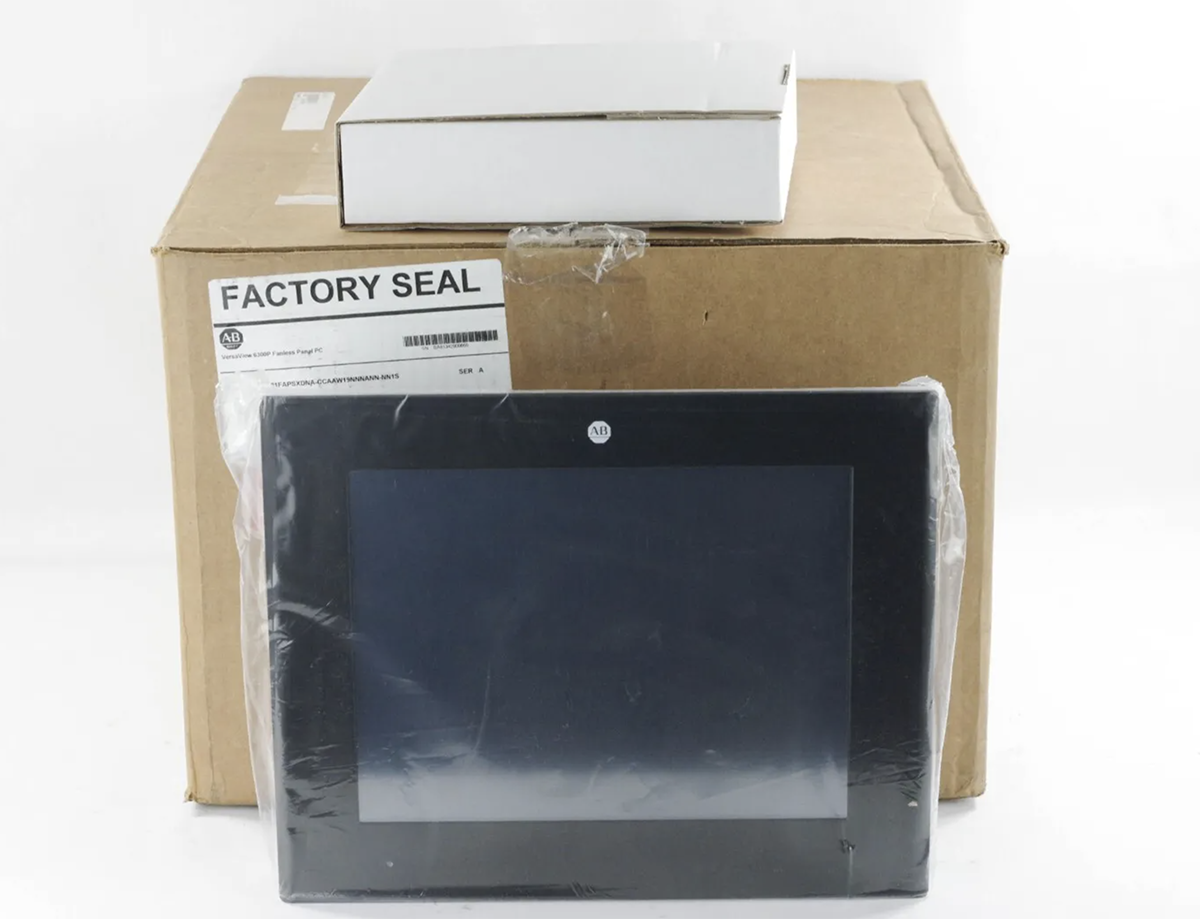
Understanding the Value of Allen Bradley Surplus
Allen Bradley, under Rockwell Automation, is a top brand in industrial automation and IT, known for high-quality PLCs, HMIs, drives, and other components. Their equipment retains value due to its worldwide industry adoption and high demand. However, sourcing OEM replacement parts can be challenging, expensive, and time-consuming. Many components have long lead times because of high demand and limited supply, leading to extended downtimes for maintenance and repairs. These delays can cost factories hundreds or even thousands of dollars for every minute they are not operating. As a result, many companies turn to the secondary market to procure the necessary parts, seeking alternatives to minimize operational disruptions. This created the automation "gray market".
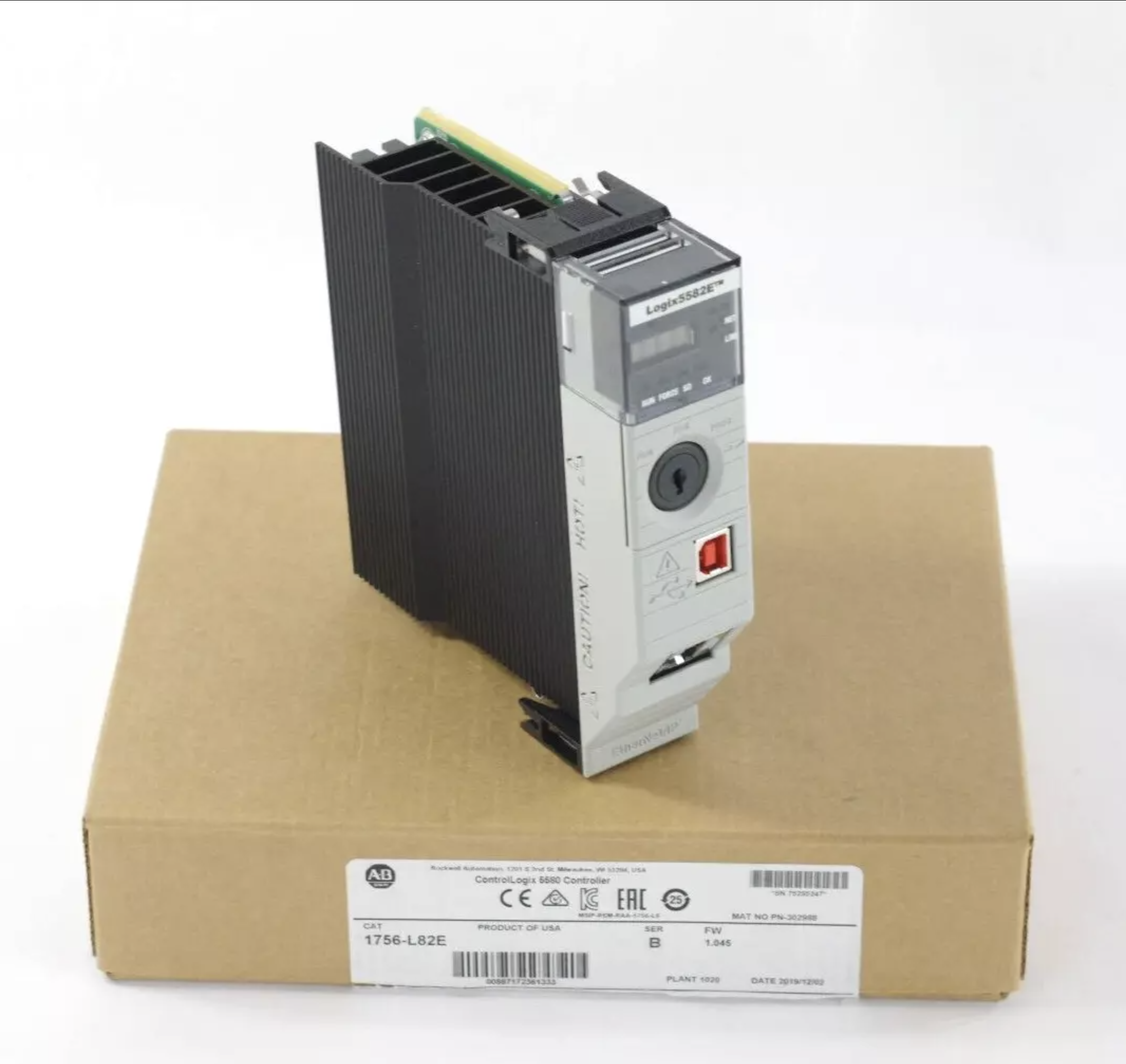
The Gray Market
The gray market, also known as the second-hand market, refers to the trade of goods through legal but unintended distribution channels by the original manufacturer. Gray market products are typically genuine and legal but are sold outside of the authorized distribution networks, often at lower prices. The used-car market is the most well-known example of a gray market. These markets operate outside the official channels. In the context of industrial automation and IT, the gray market might involve the sale of equipment and replacement parts from unauthorized dealers. These products might be sourced from different regions or surplus inventories and sold without the manufacturer's authorization, which can result in voided original warranties, lack of technical support, and compromised quality assurance.
Understanding the automation gray market: Learn how manufacturers and buyers navigate obsolete parts sourcing. Find Obsolete and Rare Allen-Bradley Parts →
Challenges in Selling Allen Bradley Equipment
Selling Allen Bradley equipment on the secondary market presents several challenges:
Information Gap
- Lack of Transparent Pricing: Determining the true value of your equipment can be challenging due to significant price variations across different platforms and regions. Prices are typically highest on resellers' websites, Google Shopping, and Octopart; mid-range on eBay; and lowest at auctions,on Facebook Marketplace, and Craigslist.
Lack of Technical Knowledge
- Technical Expertise Required: Without a technical background, understanding and communicating the specifications and condition of the equipment can be challenging. Potential buyers may be hesitant to purchase if the information provided is unclear or inaccurate.
Questionable Conditions
- Age and Condition of Equipment: Surplus and used automation equipment can range from slightly used to decades old. Older equipment may have wear and tear, making it harder to sell unless the condition is thoroughly documented and a warranty is provided.
Direct Sales Hassles
- Time-Consuming and Costly: Selling directly to end-users involves considerable effort, including listing items, answering queries, managing shipping, and handling platform fees. Inventory carrying costs can also add up over time.
Overseas Competition
- Post-Chip Shortage Inventory Glut: With the end of the chip shortage, many Chinese sellers now have an overabundance of inventory. While some of this inventory is new-surplus, much of it is repackaged used items or counterfeit. Competing with these sellers, who often offer lower prices, can be difficult.
Be aware of counterfeit competition: Understanding how to identify fake parts helps explain market dynamics and pricing. How to Spot Fake Allen-Bradley Parts on eBay →
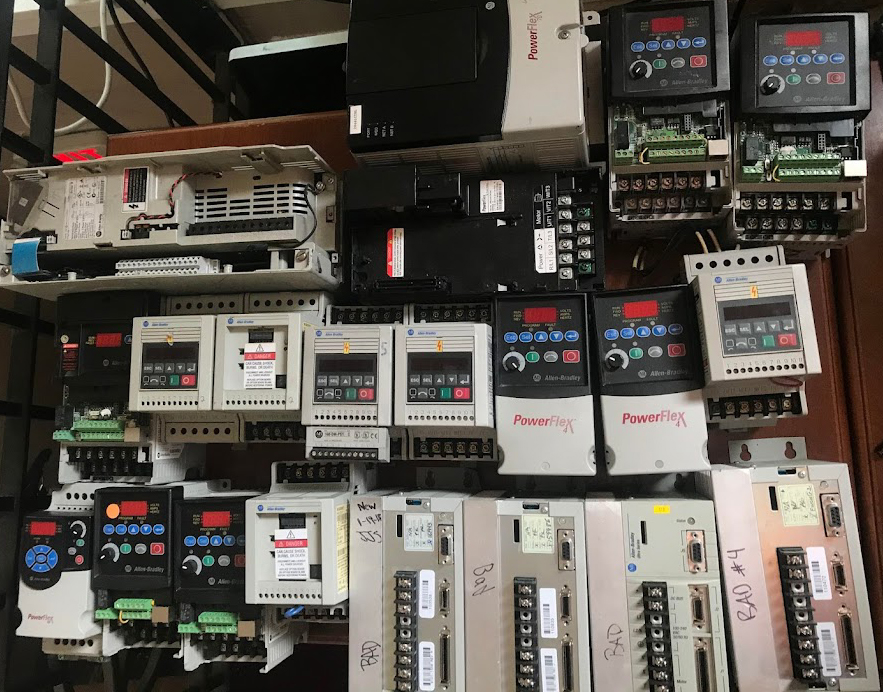
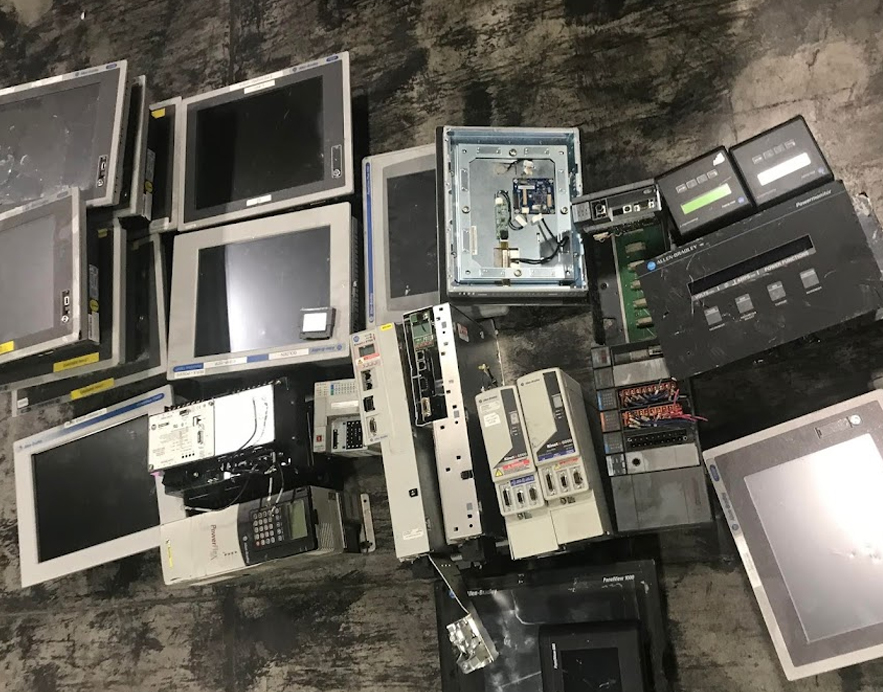
Options for Selling Allen Bradley Parts
Here are some avenues you can explore:
1. Industrial Auction Houses
- Pros: Quick sales, large audience exposure.
- Cons: Auction fees, low prices. Items are sold in as-is condition, typically retaining only 5-15% of their functional value.
- Work Involved: Minimal
- NJT Automation Tip: If you sell Allen Bradley surplus at auction, it will likely be bought by surplus buyers. Avoid the extra middleman.
2. Selling to Surplus Buyers
- Pros: Reasonable prices and minimal work involved. Reputable buyers test, repair, and refurbish items, then sell them with a warranty. They manage the unpredictable condition and demand for these components to save you time and money.
- Cons: Lower prices (20-50% of retail value). Finding reputable liquidators can be challenging. Some Surplus Buyers are known to renegotiate offers after receiving items.
- Work Involved: Minimal to moderate. An inventoried list with known item conditions increases returns.
- NJT Automation Tip: Selling high-quality items with an inventory list will save you hassle and provide a decent return. Selling unknown "as-is" lots is also possible for a lower return.
3. Selling on eBay
- Pros: Potential for higher returns (40-70% of retail value).
- Cons: Significant work involved. You must know the condition of your surplus. Buyers may be cautious if you lack a strong reputation, leaving you with buyers from option #2.
- NJT Automation Tip: This is a good option if you have the time to do the work and learn the market. It's ideal if you're looking to start a business selling automation equipment.
4. Selling on Facebook Marketplace, Craigslist, etc.
- Pros: Convenient listing process and customer pickup.
- Cons: Poor returns and a high chance items won't sell, as industrial customers rarely use these platforms.
- NJT Automation Tip: It is not worth the effort.
5. Brokerage Services (Commission Sales)
- Pros: Less effort, extensive networks.
- Cons: Commission fees, longer sale times, less control over final prices. Brokerage services may lack the knowledge to sell this equipment for top returns. Commission on large quantities of industrial surplus can become a headache.
- NJT Automation Tip: Have a clear contract for commission structures.
Choosing the Right Sales Option
The best option depends on your specific needs. Consider factors like:
- Urgency to Sell
- Available Resources (time, manpower)
- Quantity and condition of Equipment
- Desired Level of Control

NJT Automation: Your Partner in Selling Allen-Bradley Surplus
At NJT Automation, we understand the complexities involved in selling surplus equipment. Here's what sets us apart:
- End-to-End Service: We manage the entire process, serving as your single point of contact. From initial assessment to final sale, we handle every step, ensuring a hassle-free experience for you.
- Technical Expertise: Our experts accurately evaluates and communicates the value of your equipment based on its condition, ensuring you receive a fair and competitive price.
- Market Insight: With extensive knowledge of the market, we can help you inform you on your epuipment.
- Efficient Logistics: We coordinate logistics to ensure smooth and timely transactions, handling shipping, storage, and documentation.
- Transparent Process: We maintain clear and open communication throughout the entire process, providing you with regular updates on the progress of your sale.
By partnering with NJT Automation, you can streamline the process on your automation equipment, turning your surplus into significant value with minimal effort on your part.
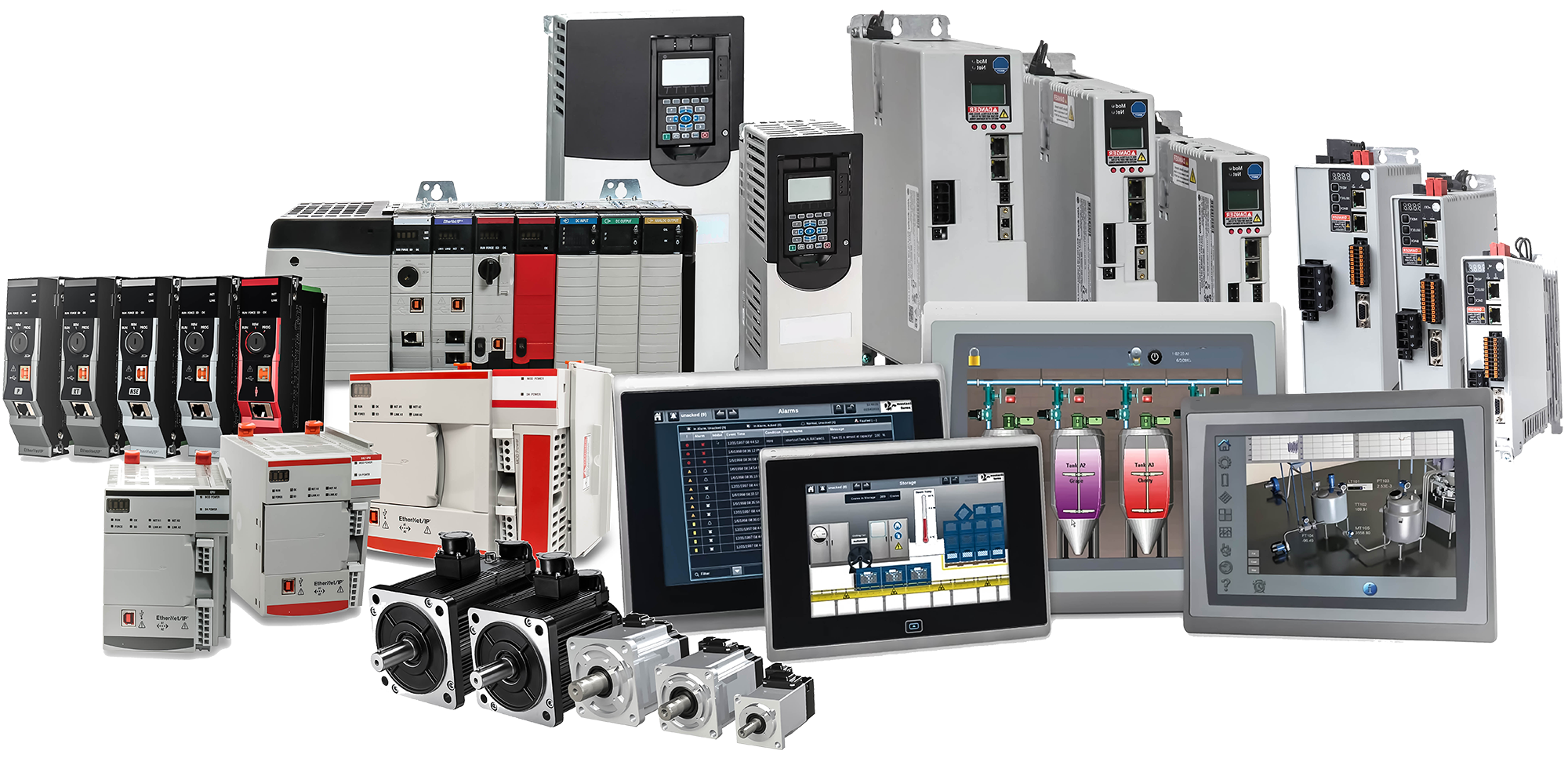
Ready to get on offer?
Sell ComponentsRelated Guides & Resources
Find Obsolete and Rare Allen-Bradley Automation Parts
Navigate the automation surplus/gray market with expert guidance on sourcing, suppliers, and quality assurance.
How to Spot Fake Allen-Bradley Parts on eBay (2025 Buyer's Guide)
Avoid counterfeit Allen-Bradley PLCs, Panelview HMIs, and drives on eBay with our expert buyer's guide.